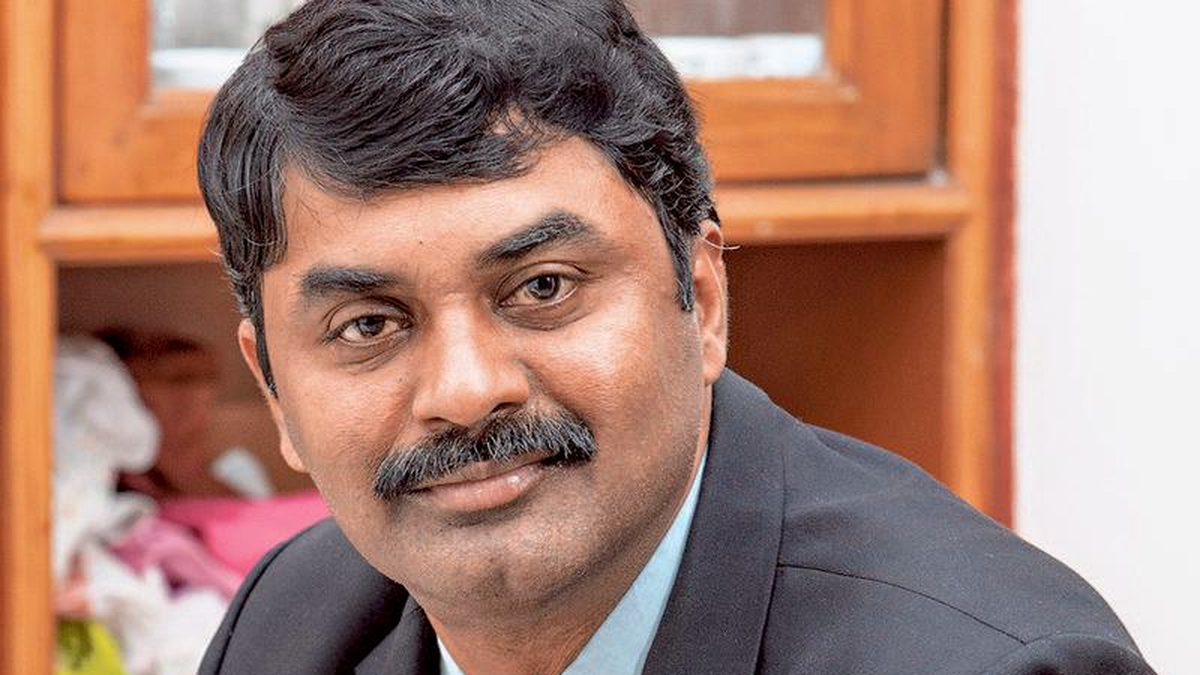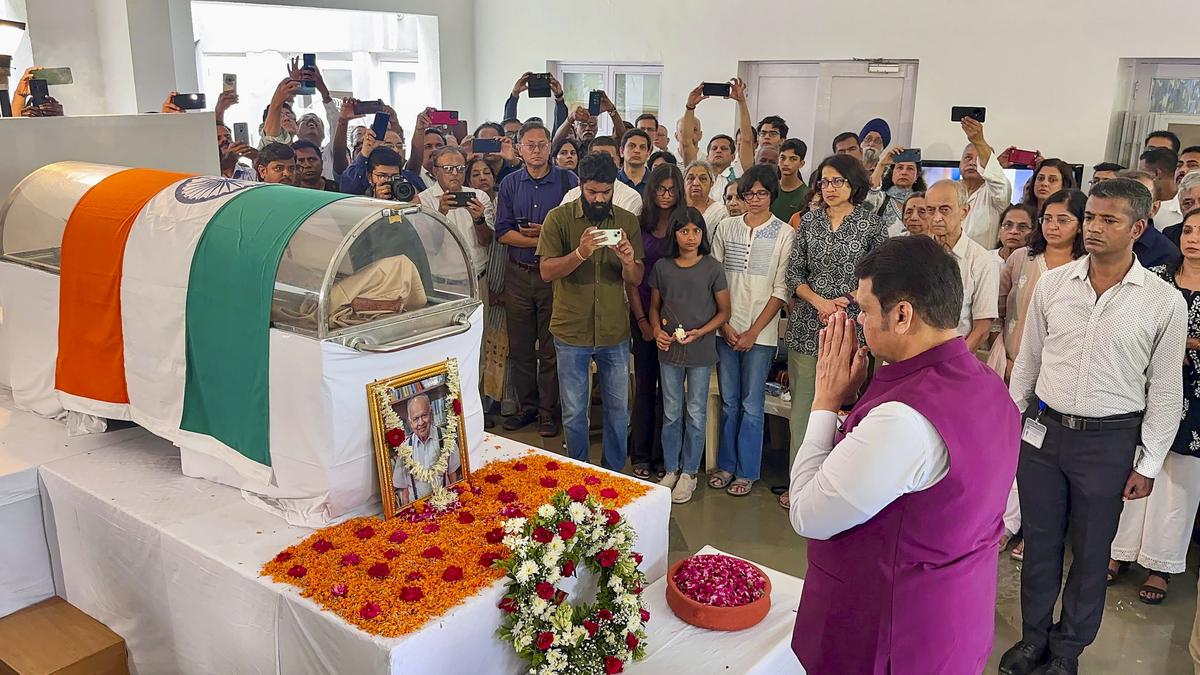[ad_1]
The initiative to establish Young India Skills University marks a key moment for the State’s educational and economic progress. “Aiming to empower the local workforce, foster innovation, and drive growth through high level skill development, it integrates with local and global industries to create sustainable development pathways and position Telangana as a global leader,” The Young India Skills University (Public Private Partnership) Bill 2024 said.
The university would function in a hub and spoke model with its campus (hub) set up in Hyderabad and skilling centres (spokes) set up at various locations across the State. The initiative provides a roadmap for balancing ambitious goals with practical realities and collaboration between government bodies, private sector and the community would make Young India Skills University a beacon of knowledge and opportunity. “In conclusion, the skilling university is a strategic investment in Telangana’s human capital and development plans,” the Bill said.
The establishment of the skill university would have financial implication on the Consolidated Fund of the State. The capital expenditure requirement for the first three years for upgrading the existing infrastructure including classrooms, offices and other facilities would be ₹50 crore while the operative expenditure was expected to be ₹16 crore. Operative expenditure of school offices was estimated at ₹11 crore over the first three years for office expenses, including salaries of dean, administrative staff and others.
The operative expenditure for the scheme is estimated at ₹312 crore over the first three years for general and administrative expenses, salaries and other costs such as labs, consumables and curriculum development. The annual cost per student is estimated at ₹1.25 lakh for the first year.
On the funding sources it said estimated revenue from fee was ₹170 crore across three years assuming an average course fee of ₹50,000. The total remaining funding requirement of ₹169 crore would be sourced from private and State funding. Planned funding from private sources would cover about 50% of the total requirement while the remaining 50 % or more as determined by the extent of private contributions would be sought from the State government, the financial memorandum said.
The Bill said the university would be established in PPP mode governed by board of directors constituting chairperson, university officers, nominated members, representatives from the government, representatives from the industry sponsors and industry experts. The university would have different schools in collaboration with industry partners. Each school would be responsible for skilling in a particular industry and offer degree, diploma and certificate programmes.
[ad_2]
Source link





